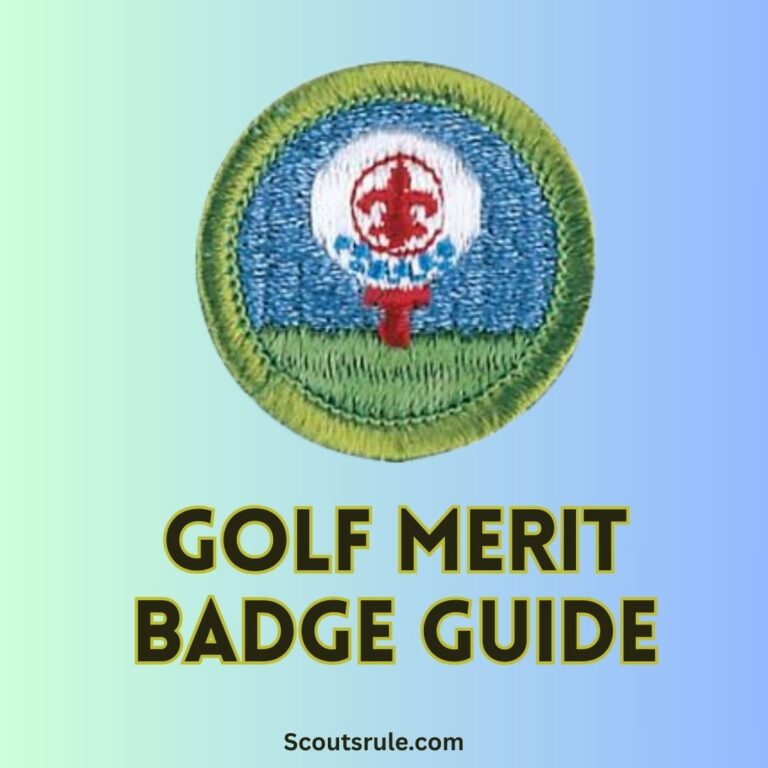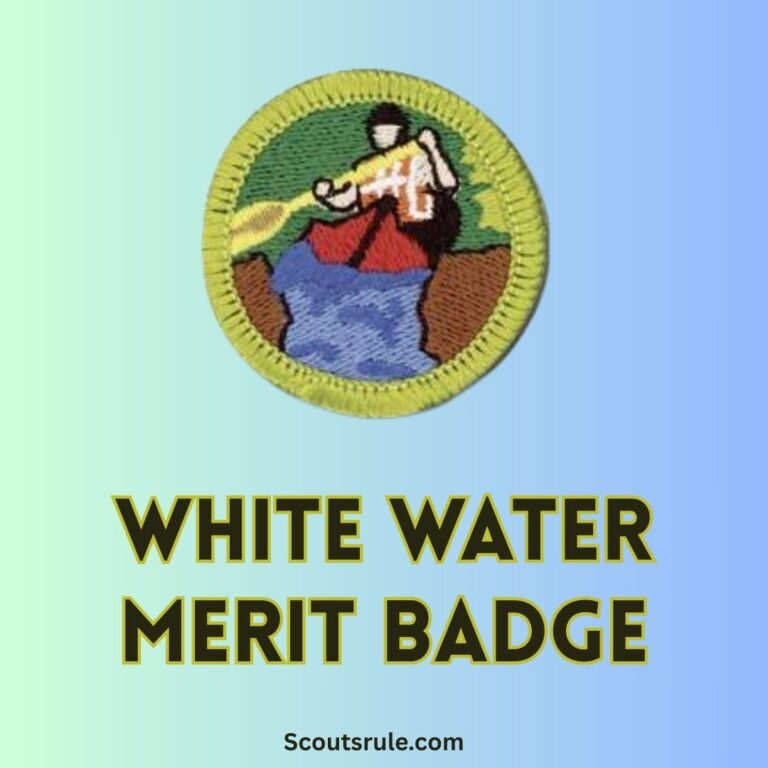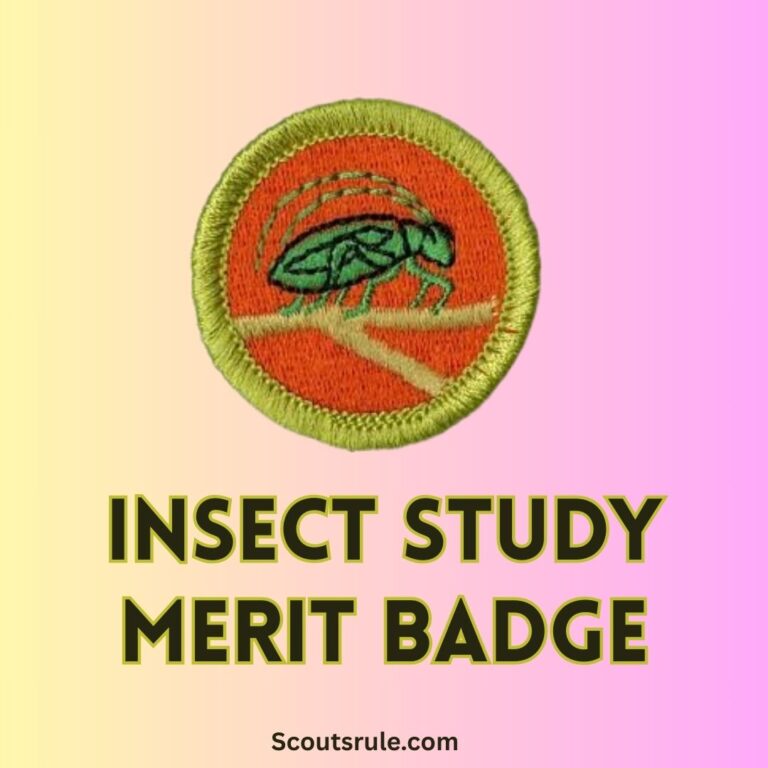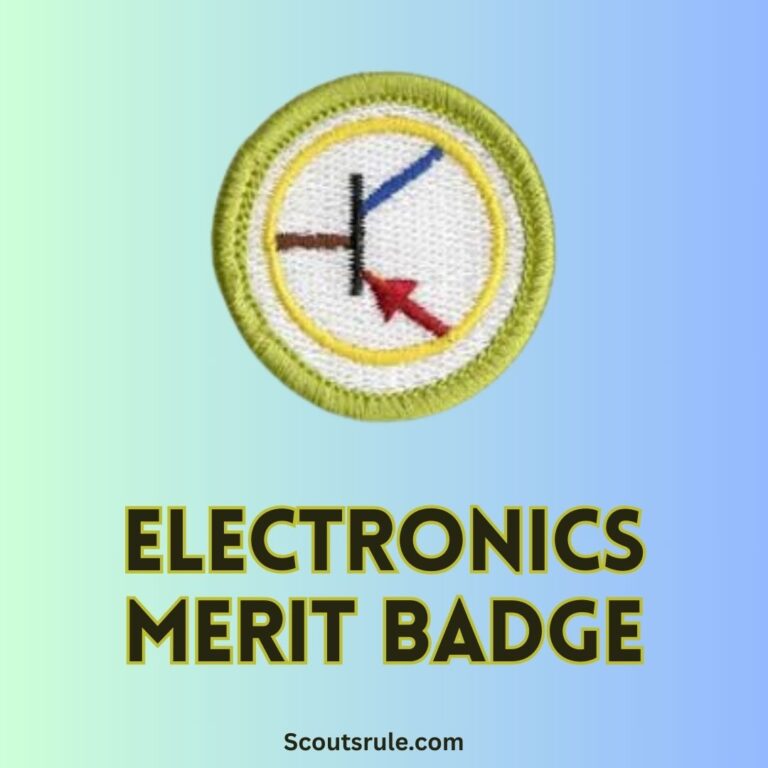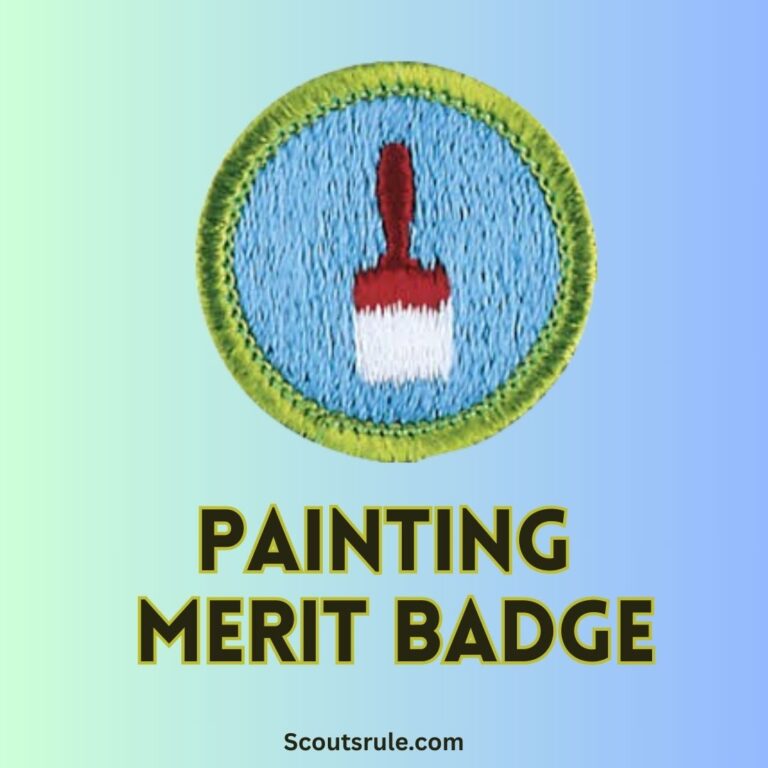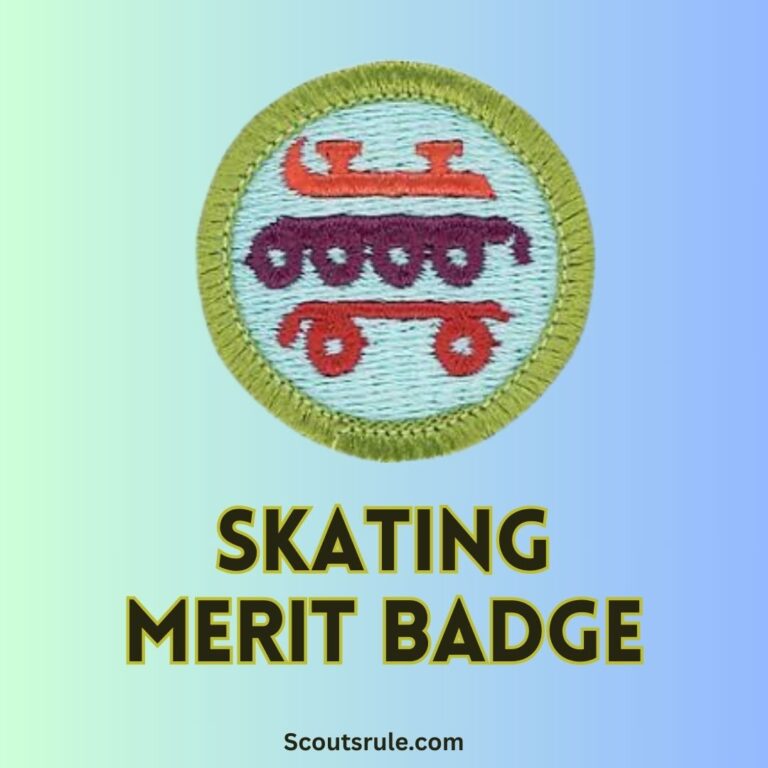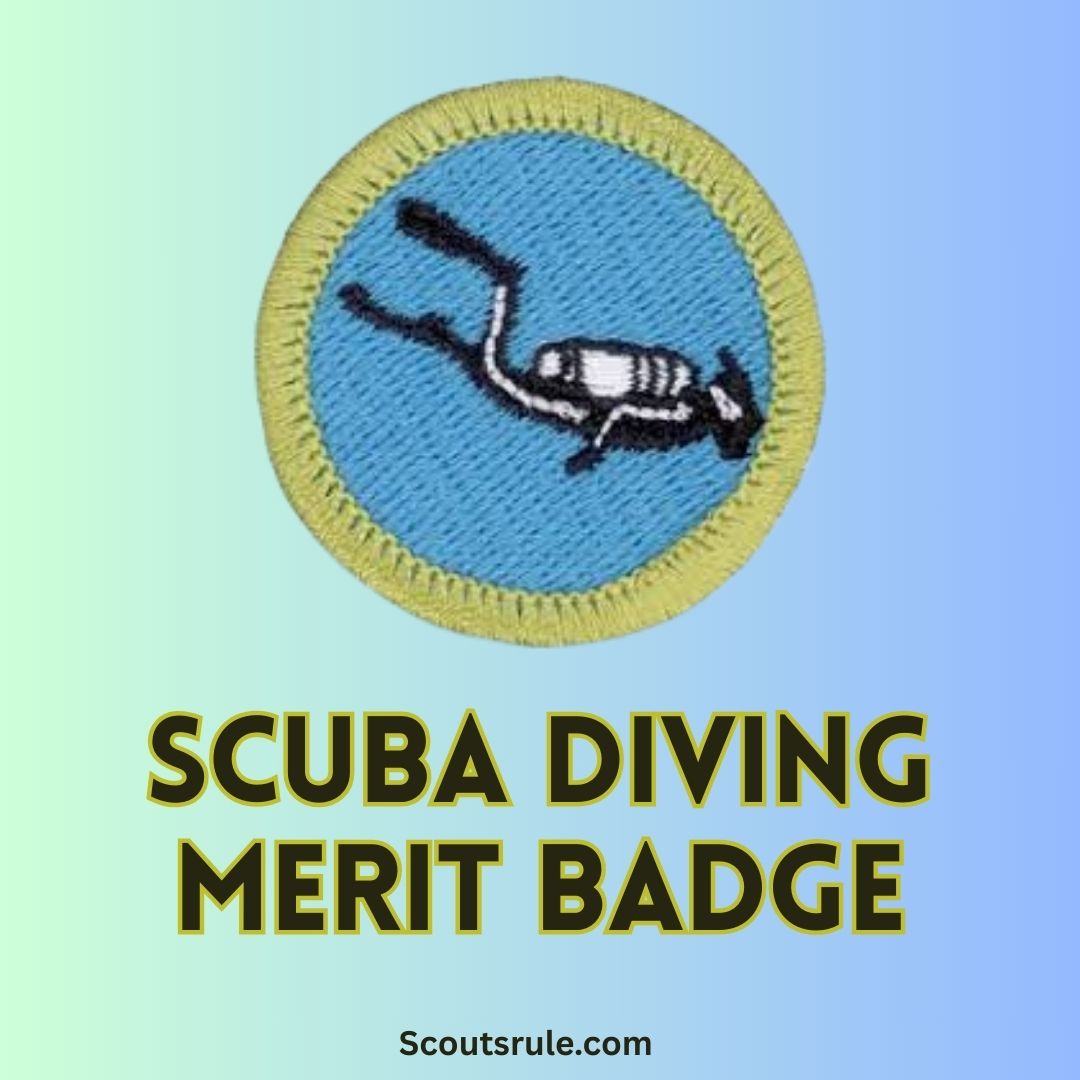
Scuba diving opens up a world of adventure beneath the waves. The Scuba Diving Merit Badge challenges Scouts not only to learn the technical skills required to dive but also to appreciate the underwater environment, understand essential first aid measures, and follow strict safety protocols. Whether you dream of diving among coral reefs, exploring historic shipwrecks, or simply enjoying the unique tranquility of the underwater realm, earning this badge will provide you with the skills, knowledge, and certification needed to do so safely. This comprehensive guide lays out all the requirements and resources, ensuring that your journey into the depths is informed and secure.
Post Contents
- 2. Badge Objectives and Overview
- 3. Prerequisites and Important Preliminary Merit Badges
- 4. Essential Scuba Diving Requirements
- 5. Safety Considerations and Personal Protective Equipment (PPE)
- 6. Working with Qualified Instructors and Dive Organizations
- 7. Field Experiences and Hands-On Diving Practice
- 8. Environmental Awareness and Respecting Underwater Ecosystems
- 9. Career Perspectives and Future Opportunities in Scuba Diving
- Conclusion
2. Badge Objectives and Overview
The primary objectives of the Scuba Diving Merit Badge are to:
- Develop a thorough understanding of the hazards and risks associated with underwater diving.
- Learn critical first aid responses for diving-related injuries and illnesses.
- Understand the responsibilities and ethics encapsulated in the Scuba Diver’s Code.
- Acquire certification as an Open Water Diver from a recognized scuba organization.
- Gain practical experience through supervised dives and field activities.
The badge is designed to foster both theoretical knowledge and hands-on competence. It teaches discipline, safety, and environmental awareness while encouraging a respect for the underwater world. As you progress through the requirements, you will build the foundation for safe diving practices and develop skills that can be applied both recreationally and, potentially, professionally.
3. Prerequisites and Important Preliminary Merit Badges
Before you begin your journey with the Scuba Diving Merit Badge, the Boy Scouts of America require that you have already earned the Swimming Merit Badge. This requirement ensures that you have the basic water skills necessary for safe swimming and aquatic movement. It is critical that you are comfortable in the water and understand basic water safety since scuba diving involves extended periods underwater and effective buoyancy control.
In some councils or local programs, additional prerequisites may be suggested, such as having a certain level of physical fitness or previous exposure to basic open water activities. Check with your merit badge counselor for any local stipulations or recommendations.
4. Essential Scuba Diving Requirements
The Scuba Diving Merit Badge is structured around several detailed requirements that cover everything from first aid to dive planning. Below are the core components of the badge:
4.1 Scuba First Aid and Recognizing Potential Dangers
One of the earliest requirements is to demonstrate that you understand first aid for injuries or illnesses that may occur while scuba diving. Some of the key conditions you should be familiar with include:
- Hypothermia: Understanding signs and symptoms, along with correct rewarming techniques.
- Hyperventilation: Recognizing and managing rapid breathing that can lead to light-headedness or panic.
- Squeezes (Barotrauma): Knowing how changes in pressure affect the ears, sinuses, and lungs, and what to do if discomfort or pain begins to occur.
- Decompression Sickness (The Bends): Learning principles of gradual ascent to prevent nitrogen bubbles from forming in the blood.
- Nitrogen Narcosis: Recognizing how increased partial pressures of nitrogen can impair judgment during deeper dives.
- Motion Sickness and Fatigue: Managing bodily responses during extended periods underwater.
- Overexertion and Heat Reactions: Understanding the importance of pacing your dive and staying hydrated.
- Dehydration and Environmental Hazards: Recognizing when to rest and rehydrate, and understanding how the dive environment may contribute to physical stress.
- Injuries by Aquatic Life and Minor Cuts and Scrapes: Knowing first aid for encounters with marine creatures and minor abrasions.
Document and discuss with your counselor how you would manage each of the above situations. Demonstrations may include explaining proper procedures or even role-playing scenarios using first aid equipment approved for emergencies in aquatic settings.
4.2 Understanding the Scuba Diver’s Code
The Scuba Diver’s Code is a set of guidelines that emphasizes safe and respectful diving practices. This code covers topics such as:
- Respecting the underwater environment
- Maintaining proper buoyancy to prevent damage to marine ecosystems
- Diving within your certification limits
- Always diving with a buddy for safety
- The importance of proper communication underwater
You will be expected to discuss these principles with your merit badge counselor, explaining why each guideline is critical to maintaining not only your safety but also preserving the underwater world.
4.3 Open Water Diver Certification Requirement
A central requirement for the Scuba Diving Merit Badge is earning an Open Water Diver Certification from a scuba organization recognized by the Boy Scouts of America (BSA) scuba policy. This step is essential because:
- Training and Standards: It ensures you have received formal training on diving techniques, emergency procedures, and the proper use of scuba equipment.
- Practical Experience: Certification involves both classroom instruction and open water training sessions under the guidance of a qualified instructor.
- Age Considerations: For Scouts under 15, there are generally age-specific restrictions regarding maximum depth and mandatory minimum buddy requirements. Junior open water diver certifications are offered by some recognized agencies for young divers, usually starting around ages 10 to 12, but local council policies may vary.
Your certification will serve as a formal demonstration of your competence in diving, and you must present proof to your merit badge counselor. It’s important to research recognized organizations—such as the Professional Association of Diving Instructors (PADI), Scuba Schools International (SSI), or similar—so that you can choose a program that meets your local council’s guidelines.
4.4 Dive Planning, Buddy System, and Equipment Checks
While not always structured as a single requirement, understanding dive planning is an essential component of the badge. Dive planning involves:
- Organizing Your Dive: Selecting appropriate dive sites, understanding water conditions (currents, visibility, underwater hazards), and setting dive objectives.
- The Buddy System: Emphasizing that diving should never be done alone. You and your buddy should always plan your dive together, discuss emergency procedures, and agree on communication signals.
- Equipment Checks: Learning how to inspect all scuba gear before a dive. This includes regulators, buoyancy compensators, dive computers, cylinders, masks, fins, and exposure suits. Only embark on a dive once all equipment is checked and confirmed to be in safe working order.
Discuss with your counselor how you would plan a dive and what steps you would take to ensure all equipment is functioning correctly. This demonstration of preparedness is central to the philosophy of safe diving practices.
5. Safety Considerations and Personal Protective Equipment (PPE)
Given that scuba diving takes place in an environment that is inherently unpredictable, safety cannot be overemphasized. Here are some critical safety practices:
- Pre-Dive Briefing: Always conduct a comprehensive briefing that covers the dive plan, emergency procedures, expected conditions, and communication methods.
- Buddy Checks: Before every dive, perform a thorough buddy check (often remembered by the acronym BWRAF: B – BCD, W – Weights, R – Regulator, A – Air, F – Final check of all gear). This ensures that both you and your dive buddy are fully prepared.
- Emergency Protocols: You must know how to perform basic underwater rescues, including sharing air with a buddy in distress and signaling for help. Additionally, you should be familiar with ascent procedures that help prevent decompression sickness.
- Fitness and Health: Regular physical conditioning and being in good health are essential for handling the stresses of diving. Discussions with your counselor may include how fitness and acclimatization contribute to safe diving practices.
Proper use of Personal Protective Equipment (PPE) ties directly into these safety measures. For instance, a well-fitted exposure suit (wetsuit or dry suit) not only protects you from the cold but also from minor abrasions when navigating the underwater landscape.
6. Working with Qualified Instructors and Dive Organizations
To ensure that you receive high-quality training and adhere to safety protocols, always work with a certified dive instructor. Here’s what you should know:
- Selecting a Dive School: Research reputable dive schools affiliated with recognized organizations like PADI or SSI. Your merit badge counselor can help verify that the program you choose meets the BSA’s requirements.
- Training Standards: Instructors must follow the protocols established by their organizations. They provide structured lessons that cover dive theory, equipment use, first aid, and practical open water experiences.
- Supervision and Certification: Make sure that your training is thoroughly supervised and that all practical dives are logged. This training is not only vital for earning your certification but also forms the backbone of safe diving practices.
Following these guidelines ensures that you are well-prepared for the physical and technical challenges of diving, and that your certification is recognized by the BSA.
7. Field Experiences and Hands-On Diving Practice
One of the most exciting parts of the Scuba Diving Merit Badge is the opportunity to put theory into practice. Field experiences may include:
- Open Water Dives: Under close supervision, you will participate in open water dives. These dives allow you to implement your training, practice emergency procedures, and gain real experience in a natural setting.
- Equipment Demonstrations: Engage in hands-on sessions to check, maintain, and understand scuba equipment. This practical experience embeds life-saving habits such as routine pre-dive checks and post-dive maintenance.
- Dive Site Exploration: You may have the opportunity to visit local dive sites such as clear lakes, calm inland waters, or coastal areas. These field trips allow you to experience a range of underwater environments while applying your dive planning and buddy check protocols.
- Participation in Dive Briefings: Actively participating in dive briefings builds confidence and reinforces the importance of communication and safety among dive buddies.
Document these experiences in a dive log. Write detailed reports on your dives, challenges encountered, and lessons learned. This documentation not only helps in fulfilling merit badge requirements but also serves as a personal record of your progress as a diver.
8. Environmental Awareness and Respecting Underwater Ecosystems
Scuba diving is not only about experiencing underwater beauty—it also requires an acute awareness of the fragile marine environment. As part of the merit badge, you are encouraged to:
- Understand Ecosystems: Learn about the local flora and fauna. Identify common species, understand their roles in the ecosystem, and discuss how human actions can impact underwater life.
- Practice Conservation: Demonstrate environmentally friendly diving practices. This includes not touching or disturbing marine life, avoiding littering underwater, and following guidelines for responsible diving.
- Participate in or Learn from Conservation Efforts: Some dive organizations may offer opportunities to participate in reef monitoring or underwater clean-up projects. Engaging in such activities can provide firsthand experience in environmental stewardship.
By adopting eco-friendly practices, you ensure that your diving adventures remain sustainable and that you contribute to the preservation of marine resources for future generations.
9. Career Perspectives and Future Opportunities in Scuba Diving
The skills and knowledge you gain through the Scuba Diving Merit Badge can open doors to various rewarding career opportunities. Some potential career fields include:
- Professional Scuba Diving: Careers as scuba instructors, dive guides, or underwater photographers allow you to work directly in the aquatic environment.
- Marine Biology and Environmental Science: Combining diving with scientific research leads to roles in marine biology, conservation, or environmental monitoring.
- Underwater Archaeology and Exploration: For those fascinated by history and exploration, underwater archaeology is an exciting field where diving skills are essential.
- Technical or Commercial Diving: Commercial diving includes underwater welding, inspection, or construction in the oil and gas or marine industries.
- Recreational Management: Positions in tourism, such as managing dive centers or working for marine parks, rely on a thorough understanding of diving techniques and safety protocols.
By researching the education, training, and career paths associated with these fields, you not only fulfill the merit badge requirement of career exploration but also gain insights that might shape your future academic and professional aspirations.
Conclusion
The Scuba Diving Merit Badge is a comprehensive program that integrates rigorous training in diving safety, environmental awareness, and practical underwater skills. From mastering first aid for potential diving injuries to earning an Open Water Diver Certification, every requirement is designed to prepare you for the challenges and joys of exploring beneath the waves.
As you work toward this badge, you will learn to appreciate the beauty and fragility of underwater ecosystems, develop a disciplined approach to planning and safety, and gain hands-on experience that instills confidence both in water and out. Whether your goal is to dive recreationally with friends or to forge a career path that takes you into the depths of the ocean, the skills and ethics taught in this merit badge will serve you well throughout your life.
Embrace the journey with diligence, learn from every dive, and never compromise on safety. Let the underwater world inspire you to explore further, to respect the delicate balance of nature, and to continually grow as both an adventurer and a responsible global citizen.
Happy diving, and may your underwater adventures be safe, enriching, and filled with wonder!

Hi, Robin here, A former lead Scout and here I share my inspiring stories about USA Scouts, leadership, adventure, how to guides and more.

